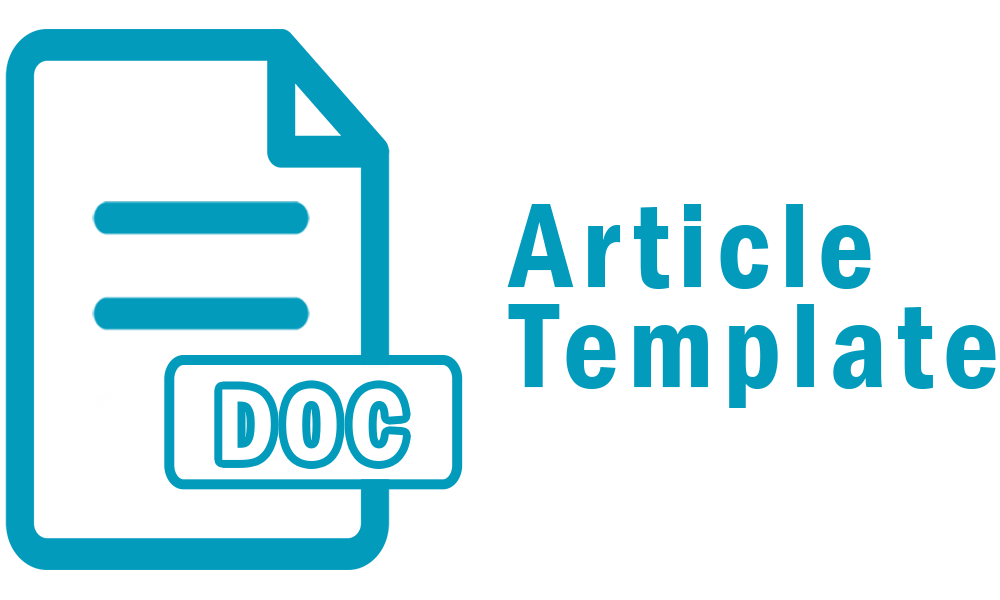Analysis of Physical Tourism Tickets: Can Security Printing be Used?
DOI:
https://doi.org/10.46961/kreator.v10i2.1096Keywords:
Physical Ticket, Tourism, Security Printing, Digital Printing.Abstract
Selling physical tickets at tourist destinations is often a problem in the world of tourism. The number of brokers and fake tickets is always the main problem. Physical tickets are very easy to counterfeit and very easy to distribute to irresponsible brokers. As a result, many tourists are deceived and often have to pay twice or even more just because they bought fake tickets. This research analyzes the problems caused by physical tickets and analyzes alternative security printing solutions that can be applied to ticketing systems using descriptive qualitative research methods. The results of this research are that ticketing using security printing will require greater costs and still pose a risk of ticket counterfeiting. Security printing might have benefits if it were given more value, such as embossing for braille letters aimed at blind tourists. However, for greater benefits, digital ticketing will have a smaller risk of counterfeiting and have greater profits.
References
Alfansyur, A., & Mariyani, M. (2020). Seni mengelola data: Penerapan triangulasi teknik, sumber dan waktu pada penelitian pendidikan sosial. Historis: Jurnal Kajian, Penelitian dan Pengembangan Pendidikan Sejarah, 5(2), 146-150.
Amri, L. H. A., Fitriadi, Y., & Pradissa, A. F. P. (2019). IMPLEMENTATION OF QUALITY CONTROL IN NEWSPAPER PRINTING COMPANIES. Kreator, 6(2), 84-95.
Amri, L. H. A., Puspitasari, D. A. K., Ali, N. A. M., & Anwar, R. (2022, December). Potential, Problems and Strategies of Creative Economy Development: Quadruplehelix Perspective Approach. In Proceedings of the First Jakarta International Conference on Multidisciplinary Studies Towards Creative Industries, JICOMS (Vol. 16, p. 396).
Arif, M. S. (2019). Reformulasi Model Penyuaraan Paska Pemilu Serentak 2019: Studi Evaluasi Sistem Proporsional Daftar Terbuka. Jurnal Wacana Politik, 4(2).
Kartiningsih, N. L., Cahyanto, T. A., Kom, M., Wahanggara, V., & Kom, S. (2015). APLIKASI PEMESANAN TIKET PARIWISATA DI PT. SEMESTA 37 TOUR AND TRAVEL BERBASIS WEB.
Novriyani, N., & Puspitasari, E. (2022). DAMPAK POSITIF OBJEK WISATA PANTAI KERANG MAS TERHADAP SOSIAL EKONOMI MASYARAKAT. Jurnal Syariah dan Hukum Islam, 1(1), 93-102.
Prayitno, A. R., Riziq, L. B., & Vazrin, R. (2022). MENILIK EKONOMI DIGITAL JAKARTA E-PRIX SEBAGAI PELUANG MENINGKATKAN KUALITAS PERTUMBUHAN EKONOMI JAKARTA. Inspire Journal: Economics and Development Analysis, 2(1).
Rumaf, H. (2023). IMPLEMENTASI SISTEM PEMBAYARAN MENGGUNAKAN PAYMENT GATEWAY PADA SEKTOR PARIWISATA (Studi Kasus Pulau Bair) (Doctoral dissertation, UNIVERSITAS TEKNOLOGI DIGITAL INDONESIA).
Sirait, J. S., Rumani, R., & Paryasto, M. W. (2017). Implementasi Kriptosystem Menggunakan Metode Algoritma Ecc Dengan Fungsi Md5 Pada Sistem Database Ticketing Online. eProceedings of Engineering, 4(3).
Soewarni, I., Sari, N., Santosa, E., & Gai, A. (2019). Dampak Perkembangan Pariwisata Terhadap Ekonomi Masyarakat Di Desa Tulungrejo, Kecamatan Bumiaji – Kota Batu. Jurnal Planoearth. https://doi.org/10.31764/jpe.v4i2.874.
Sudiarta, I. N. (2012). Pemberdayaan Masyarakat Trunyan Dalam Upaya Pemberian Pelayanan Prima dan Berkelanjutan Kepada Wisatawan. Buletin Udayana Mengabdi (7), 1, 1-7.
Taali, M., Supriyanto, M., Farani, D. B., Puspitasari, D. A. K., & Amri, L. H. A. (2023). Public Awareness Of Conservation Area At Karimun Jawa. SWAGATI: Journal of Community Service, 1(3), 157-162.
Yustika, A. (2009). LKP: Perkembangan Bisnis Form di Dunia Percetakan PT. Jasuindo Tiga Perkasa Tbk (Doctoral dissertation, Stikom Surabaya).
Downloads
Published
How to Cite
Issue
Section
Citation Check
License
Authors who publish with Kreator agree to the following terms:
- For all articles published in the Kreator, copyright is retained by the authors. Authors give permission to the publisher to announce the work with conditions. When the manuscript is accepted for publication, the authors agree to the automatic transfer of non-exclusive publishing rights to the publisher.
- Authors retain copyright and grant the journal right of first publication with the work simultaneously licensed under a Creative Commons Attribution-ShareAlike 4.0 International License that allows others to share the work with an acknowledgment of the work's authorship and initial publication in this journal.
- Authors are able to enter into separate, additional contractual arrangements for the non-exclusive distribution of the journal's published version of the work (e.g., post it to an institutional repository or publish it in a book), with an acknowledgment of its initial publication in this journal.
- Authors are permitted and encouraged to post their work online (e.g., in institutional repositories or on their website) prior to and during the submission process, as it can lead to productive exchanges, as well as earlier and greater citation of published work (See The Effect of Open Access).











